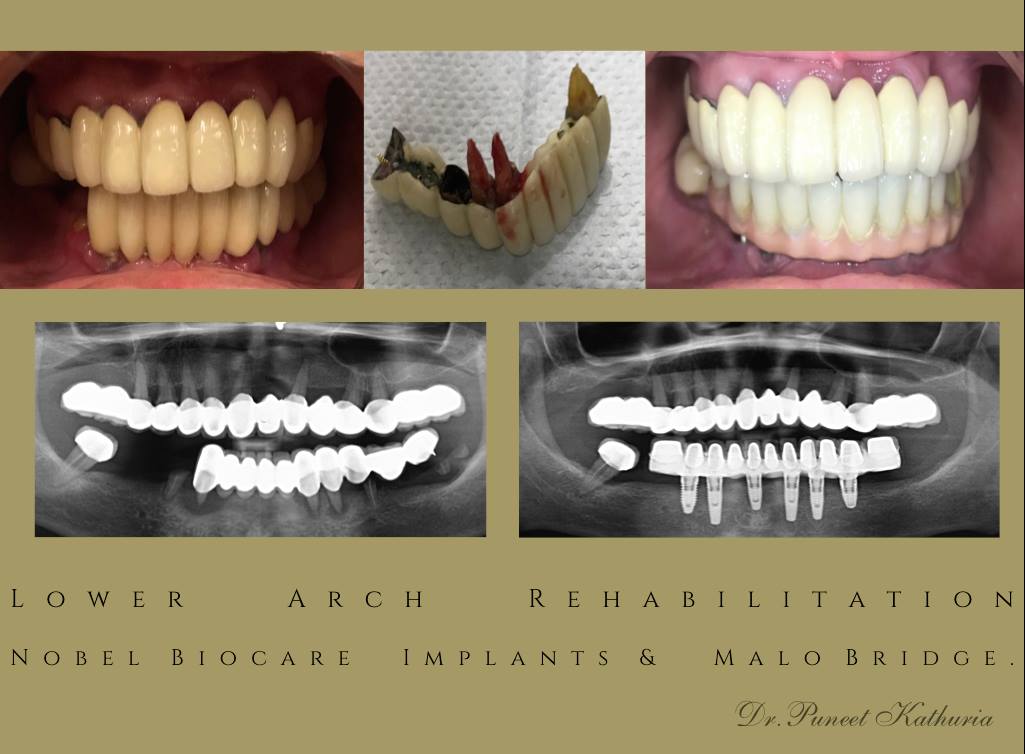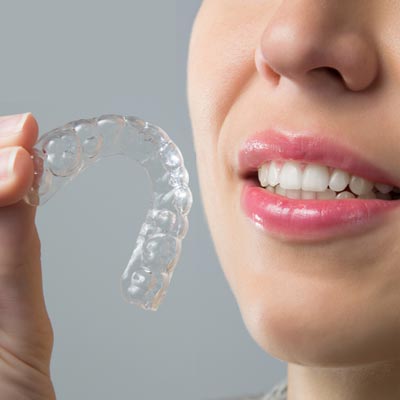Dental Implants are used as a replacement for missing teeth. In general, a tooth implant is risk-free but if you visit an unprofessional or less experienced dentist then you may face some complications.
Here is a list of a few complications that may occur during or after the procedure:
-
Infection at the Surgical Site
The human body is designed to reject foreign bodies. Whenever something unnatural or artificial is introduced to the human body there are chances of getting an infection. If you have poor oral hygiene routine then your chances of getting infections are higher than other patients. Presence of bacteria at the surgical site can cause severe infection. Therefore, one should always make sure to consult a good dentist before getting dental implants.
-
Insufficient Bone Support or Lack of Bone
If the dentist performs the procedure despite the lack of jawbone then your dental implant can result in failure. Lack of jawbone means there won’t be enough support for the implant. A successful implant is fused with all sides of the bone. If you have a missing tooth for a long time then chances are you already have less bone density. In such a case you should inform your dentist so as to prevent a failed implant.
-
Fracture
If you have a habit of clenching or grinding your teeth then you should inform your dentist about it. Clenching or grinding puts pressure on the dental implants that may lead to fracture. In addition to this incorrectly placed implant can also cause a fracture.
-
Nerve Damage
Nerve damage can occur either during or after the procedure. Some problems caused by the nerve damage are tingling in gums, lips, chin, and pain.
-
Micro-movement of the Implant
If the dental implant is not stable then micro-movements can occur. However, this problem will occur only if the artificial tooth is attached to the implant right after the surgery. Typically, an experienced dentist waits for the implant to fuse properly with the bone.
-
Allergic Reaction
Dental implants are made of biocompatible titanium. This means that your body should not reject the implant. However, if your body is allergic to titanium then you may have an allergic reaction.
Reasons for Complications
Some of the known reasons for a dental implant failure include incorrect placement of an implant, poor oral hygiene, and smoking. The signs of a tooth implant failure are loosing of an implant, inflamed or recessed gums, difficulty in chewing, severe pain and foul smell from the implant.
Treatment of Complications
The techniques used to treat these complications include replacing implants, bone or gum grafting, and replacing implants with dentures.
 Australia No
Australia No Canada No
Canada No India Toll Free No
India Toll Free No UK No
UK No USA No
USA No










